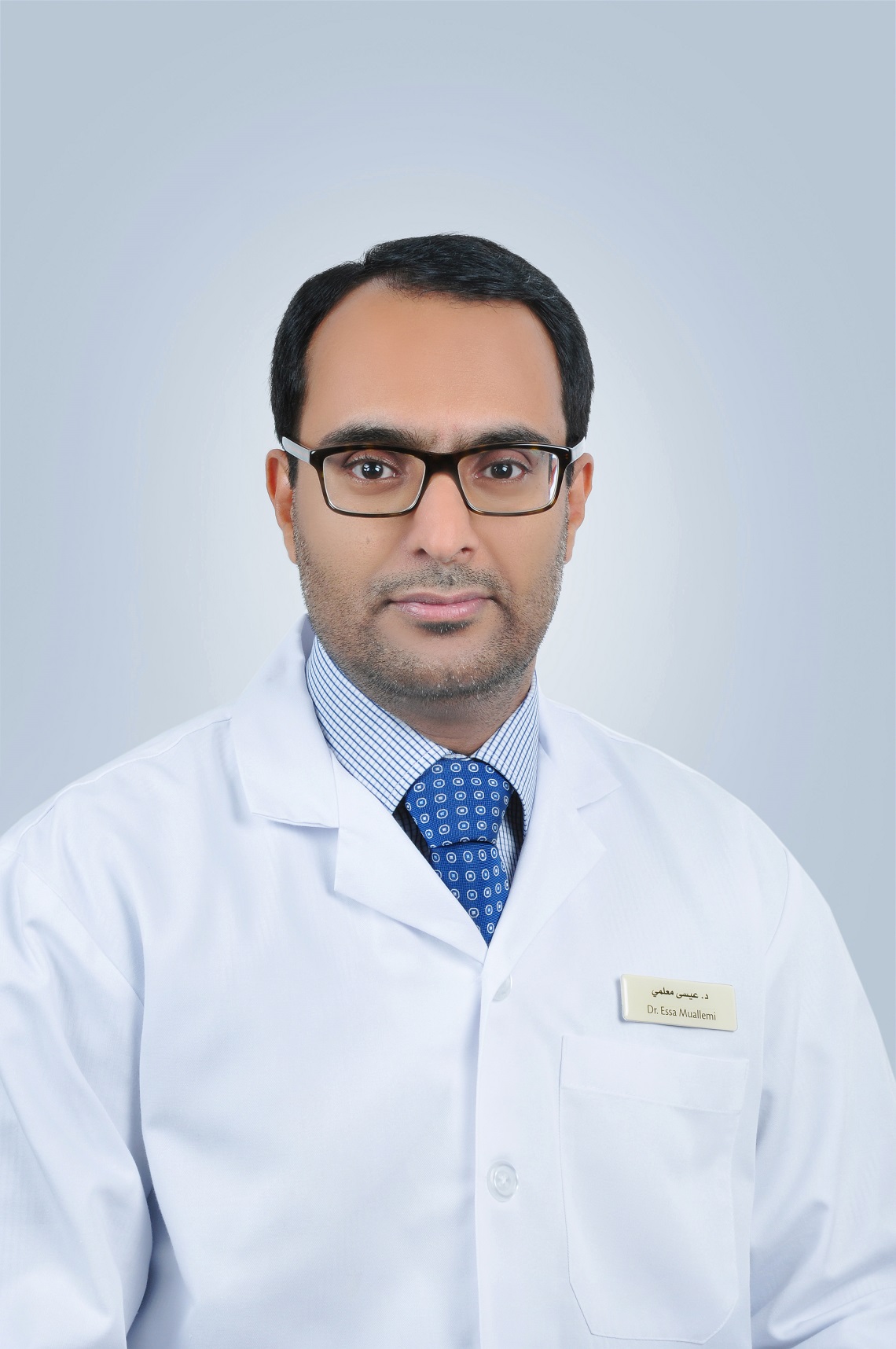The medical team at Sharjah’s Kuwait Hospital – an affiliate of Emirates Health Services (EHS) – made a significant medical accomplishment, successfully performing a complex splenectomy (surgical procedure to remove an enlarged spleen) saving the life of a patient in his 30s.
“Kuwait Hospital receives many complex and rare cases,” asserted Hospital Director Amna Karam. “Emirates Health Services has provided us with advanced equipment that meet the highest international quality standards. That, coupled with the highly qualified medical professionals working at the hospital, has played a major role in the success of these surgeries, drastically upgrading the medical services we provide.”
“I take pride in the Hospital’s ability to treat rare cases with great skill and speed that allow us to save patients’ lives,” Karam added, noting EHS’ commitment and relentless efforts to enhancing the quality of services it provides to its affiliated facilities.
For his part, Dr. Ibrahim Al-Nujumi, Consultant and Head of the Surgery Department at Kuwait Hospital in Sharjah, said that the case received by the hospital is considered one of the most difficult and rarest surgeries, as it occurs in one out of 1,000 people, out of which an even smaller proportion is ever diagnosed. Incidences of rupture and bleeding with cases of this kind are at three out of every 100,000, he explained.
The patient arrived at the hospital’s emergency room by himself without calling the national ambulance; he was suffering from dizziness and pain in the upper part of the abdomen. Following a thorough analysis and clinical examinations, a drop in the patient’s blood pressure and haemoglobin levels was noted, coupled with growing abdominal pain and dizziness.
In light of the diagnosis, doctors suspected internal haemorrhage, and accordingly, CT scans and computerised scans were performed, where x-rays and ultrasounds detected abdominal bleeding and the beginning of a rupture in the stretched part of the main splenic artery.
Doctors immediately made the decision to remove the enlarged spleen, opting to first perform a surgery to detect and control the bleeding site, which took less than three minutes thanks to the modern and advanced medical devices and supplies available at the hospital, especially the arterial and venous blocking equipment.
The surgery took an hour and 15 minutes due to the doctors’ skill and the speed of decision-making with a preliminary scout surgery to detect the location of the bleeding. The patient was then provided with solutions, blood products, and the necessary medicines, which helped him recover just three days after the rare surgery.
Dr. Issa Al-Moalami, Consultant Surgeon and Assistant Director for Medical Affairs at EHS, said: “Emirates Health Services is continuously updating diagnostic equipment to meet the highest international standards, which has helped improve the health services provided, and enabled the medical team to perform complex operations. EHS also provided training for medical professionals, empowering them to make quick decisions in each case. The consecutive accomplishments that have been made in the medical field is a clear indication of the advanced level health services have achieved in the country.”













